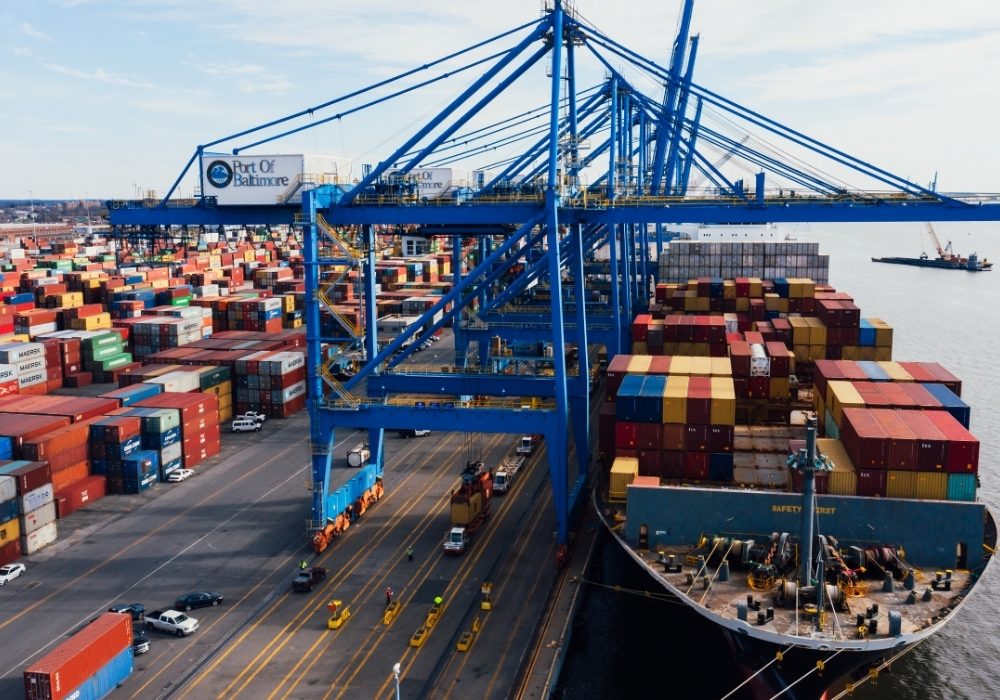When a company starts selling beyond its borders, everything changes.
Not just sales numbers, the way people think inside the company shifts too.
At first, it feels exciting. New countries, new customers, new possibilities. But after a while, you realise trade isn’t just about finding buyers. It’s about seeing yourself through other people’s eyes. Every new market becomes a mirror. It shows what you do well and what you don’t. Aluminium companies around the world will agree.
And that’s where growth really starts, not only in revenue, but in MINDSET.
Trade teaches what no classroom can
Working with other markets is the fastest way to learn. Customers abroad don’t care how things are done in your country. They care about quality, timing, and consistency. That pressure pushes companies to improve.
Let’s talk some examples that are extremely relatable to aluminium companies these days.
- A buyer might ask for a tighter tolerance, and you realise your system needs an upgrade.
- A European client might want full traceability, so you rethink your documentation.
- Someone asks about environmental impact, and suddenly you’re reviewing your energy use.
These small adjustments add up.
Bit by bit, they build a more capable and innovative company.
Image used for representational purpose
What the numbers say?
A Bain & Company study once looked at hundreds of large firms that expanded abroad. Only one in six managed to grow profitably for more than five years. The rest struggled or pulled back.
- The main difference was simple: the successful ones had a strong base at home.
- They knew their business inside out before going global.
- That clarity helped them adapt instead of getting lost in new markets.
It’s a good reminder that global trade doesn’t fix weaknesses; it exposes them.
Growth comes from knowing your core
Before you go abroad, you need to know what really drives your business.
- Where you make money, what customers value, what you can deliver better than others.
- When that core is strong, international trade becomes an extension of it.
- You can reinvest profits, improve your processes, and learn faster.
- Your domestic experience gives you the tools to handle different rules and expectations.
- And what you learn abroad often comes back home as an advantage.
That’s how global experience quietly turns into innovation.
Innovation is a side effect of openness
- Innovation doesn’t only happen in R&D departments.
- It often starts when you see how others work.
Maybe a customer abroad wants a smaller version of your product, you adjust and later realise that same version works better for local buyers too.
Or
- A new regulation forces you to switch to greener materials
- And that becomes your new selling point.
Trade exposes you to different ways of thinking. You can copy, combine, or completely rethink what you do. That’s how new ideas grow, not from isolation, but from curiosity.
The real impact: resilience through diversity
Over time, international trade doesn’t just bring growth; it brings balance.
- When one market slows down, another can keep you moving.
- You learn how to manage uncertainty because you’ve already lived it in different forms.
- That experience builds resilience.
- You stop reacting to problems and start preparing for them.
Many producers discovered this during global crises. Those already trading internationally were quicker to adapt, because they had learned flexibility the hard way.
In the end, international trade is not only about expansion. It’s about evolution. Every new market, every new partnership, changes you a little.
Sometimes it’s uncomfortable. Sometimes it’s expensive. But over time, it makes you sharper, more aware, and more creative. Trade doesn’t promise success. But it promises perspective. And that perspective, if you keep learning from it, turns into growth that lasts.












